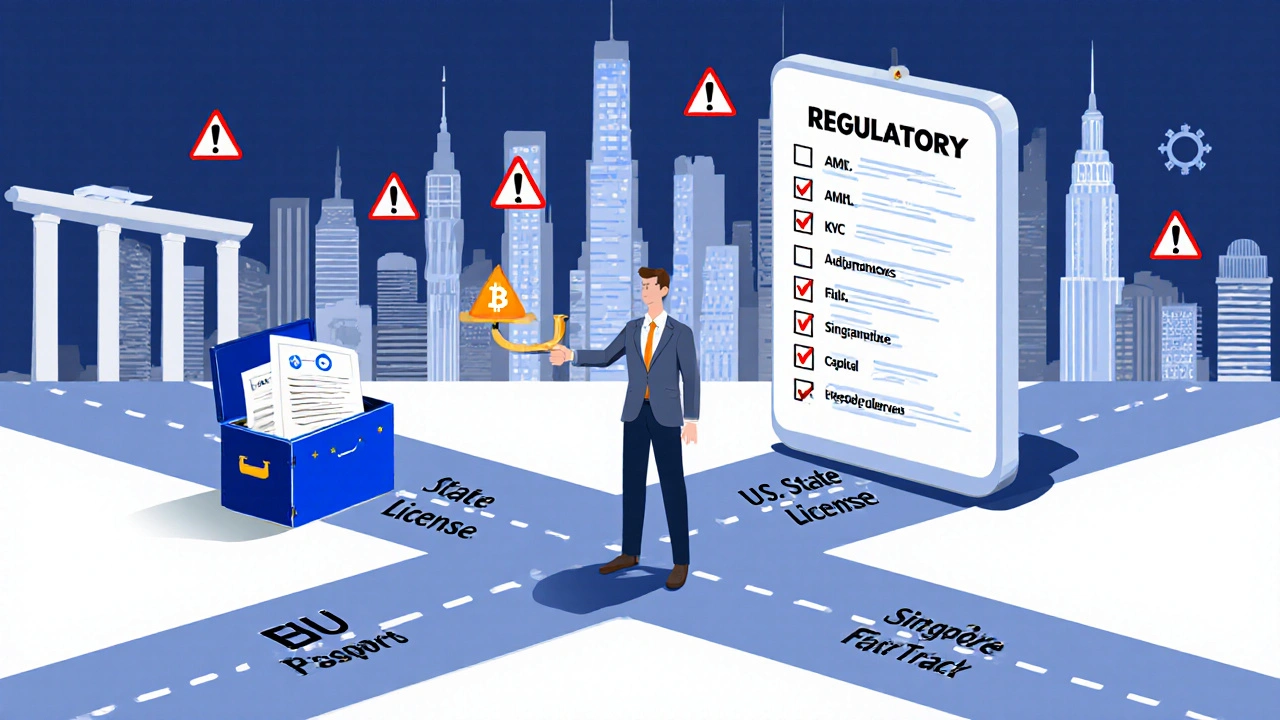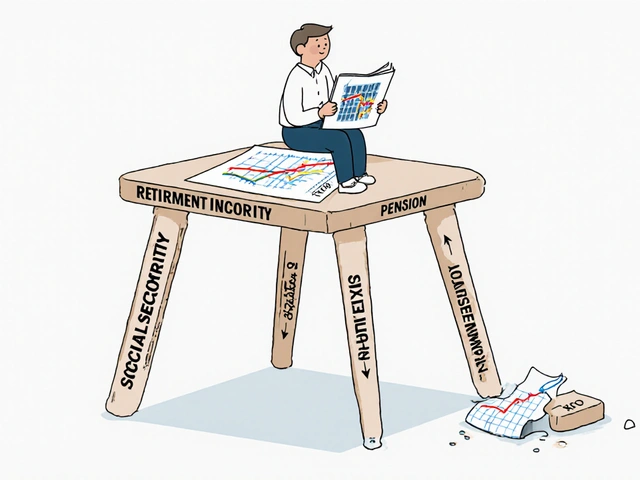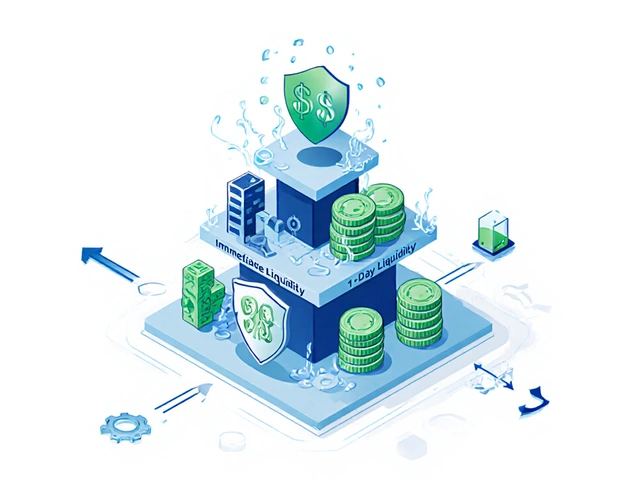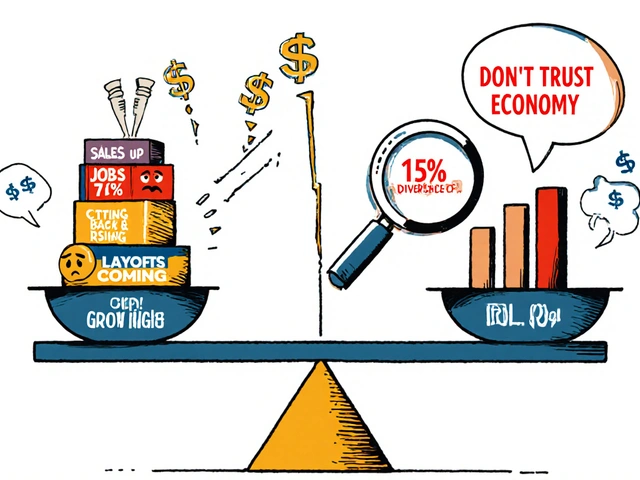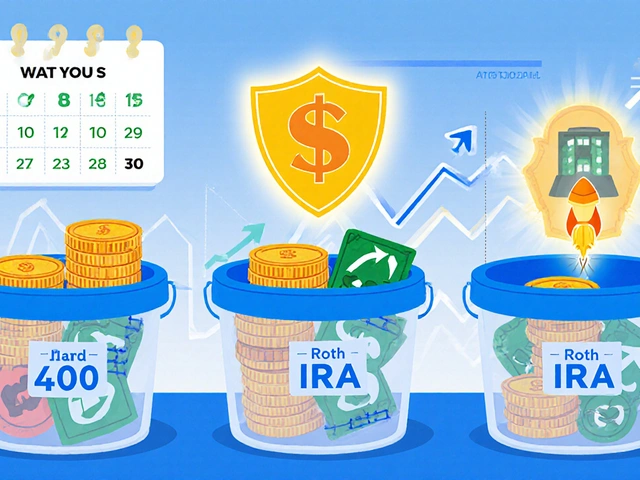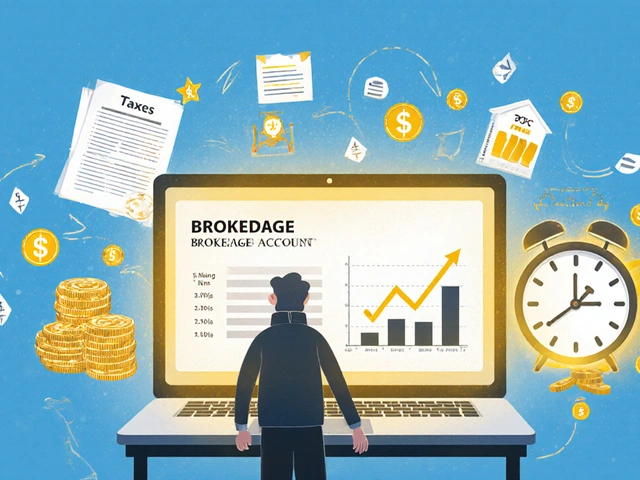Payment License: What It Is, Why It Matters, and How It Shapes Fintech
When you use a digital wallet, send money through an app, or let a fintech platform handle your payroll, someone somewhere holds a payment license, a legal authorization to process or transmit money on behalf of others. Also known as a money transmitter license, it’s not just paperwork—it’s the foundation that keeps your transactions safe, traceable, and lawful.
This license sits at the crossroads of fintech regulation, the rules governing digital financial services, and open banking, the system that lets you share your bank data securely with third-party apps. Without a payment license, companies can’t legally move money between accounts, even if their tech works perfectly. That’s why platforms like PayPal, Cash App, and even some robo-advisors need one. It’s also why payment processing, the actual movement of funds between parties can’t be outsourced to unlicensed players. These licenses are issued by state and federal agencies in the U.S., and by financial authorities in Europe under rules like PSD2. They demand strict controls over fraud, data, and customer funds.
Think of it this way: if your investment platform holds your cash before buying stocks, it needs a payment license. If your employer uses earned wage access to give you pay before payday, the provider needs one. If a loan app pulls money directly from your bank account, it’s likely relying on a licensed partner. That’s why you’ll see payment licenses mentioned in posts about loan underwriting automation, PSD2 regulation, and agent banking models—they all involve moving money, and moving money legally requires this one thing. You won’t find a fintech product handling real funds without it.
What’s more, payment licenses shape how fast new tools reach you. Getting one takes months, costs tens of thousands, and requires ongoing reporting. That’s why smaller players team up with licensed firms instead of building their own. It’s also why some regions move slower than others—licensing rules vary wildly between states and countries. But when done right, it builds trust. You can sleep better knowing your money isn’t sitting in some random server farm with no oversight.
Below, you’ll find real examples of how payment licenses connect to the tools and systems you already use. From automated loan approvals to open banking APIs, these posts show you the hidden rules that keep your finances running—and why understanding them gives you an edge.
